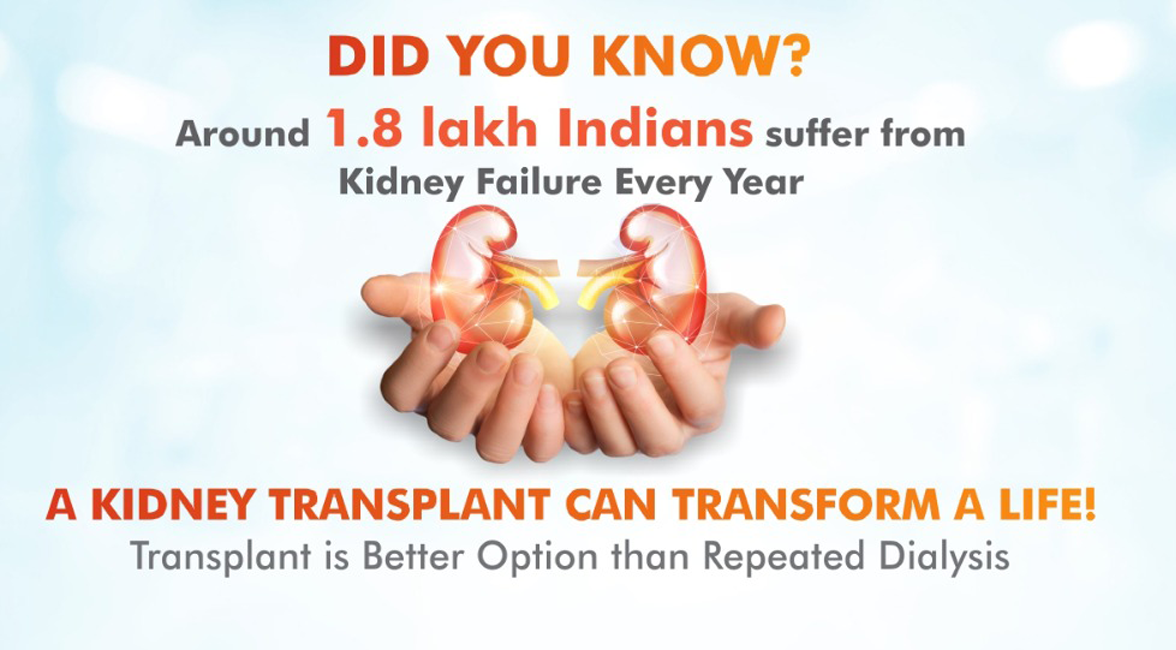
Renal transplant or Kidney transplant, as it is commonly known, refers to the transfer of kidney from a healthy person to a patient whose kidneys have lost the capability of performing the essential process of filtration. There are two types of kidney transplantation: deceased-donor and living-donor
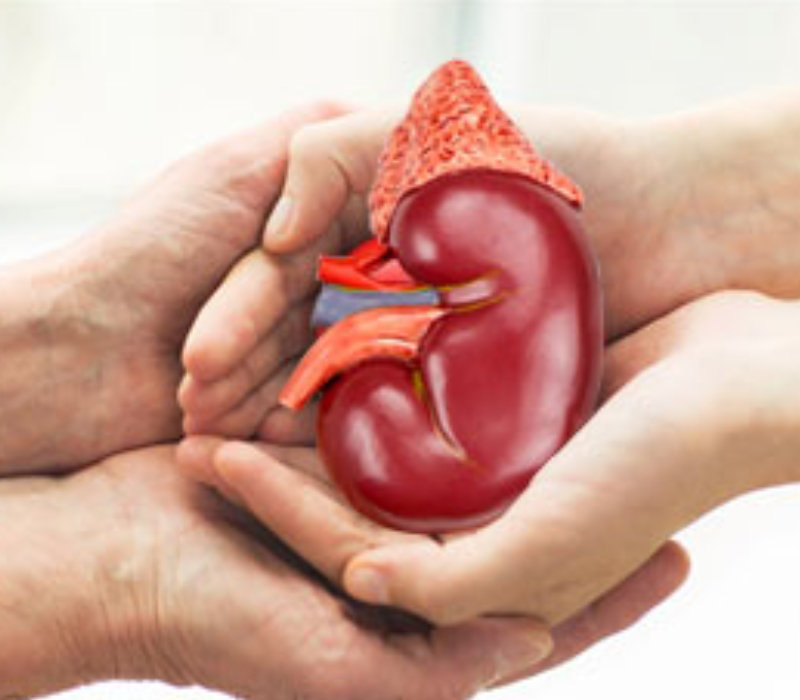
Kidney is donated by living human being to patient/person who has total kidney failure.
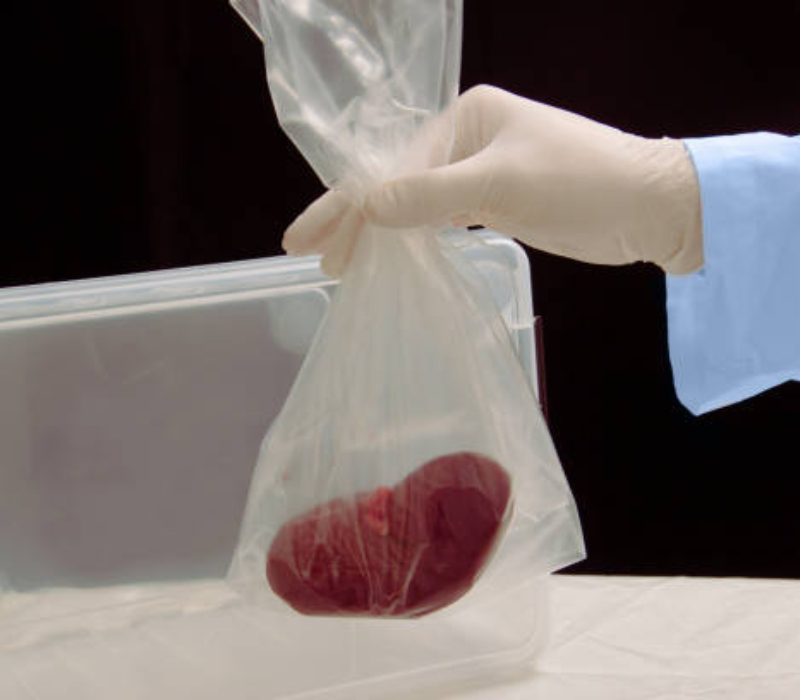
Kidney is donated by a brain dead person.
When kidneys are unable to filter blood, harmful fluids and wastes accumulate in the body and lead to higher blood pressure or could result in the end-stage kidney disease. It is considered kidney failure when they have lost about 90% of functional capacity. Some common causes of kidney damage include:
When kidneys are damaged to the extent that they fail to execute blood filtration, it is executed with medical equipment in a process called dialysis. Dialysis is a recurring blood purification procedure which removes the waste and extra fluids build up in the body due to kidney failure. The process is painful and is a short term solution for the problems, hence has to be re-done at suitable intervals
Kidney transplant, on the other hand, is a one-time solution and allows patients to have a normal life, with more energy and fitness. Despite being a complex surgery, Kidney transplant makes patients feel better and the survival rates of the patient are also higher. However, patients with kidney diseases that recur invariably and damage the kidney, diagnosed cancer, positive crossmatch or active infection cannot opt for a kidney transplant.
If the doctor feels that patient is suitable to undergo a kidney surgery, he/she would refer the patient to a transplant center for being evaluated. The evaluation usually takes several visits while the doctors evaluate the physical, familial and psychological condition of the patient. The doctors run tests on patients' blood and urine accompanied by a complete physical exam to ensure he/ she is healthy enough to undergo the surgery.
Post this an appointment with a psychologist and a social worker is scheduled. The psychologist does his course to ensure that the patient is competent to understand and undergo a complicated treatment procedure. The social worker ensures that the patient can afford the treatment and has adequate support after his release from the hospital.
If approved for the transplant, either the patient's family member is allowed to donate post a series of testings or the patient is put up on the waiting list of Organ Procurement and Transplantation Network (OPTN).
A kidney transplant normally takes 3 to 5 hours. The patient is kept under complete anaesthesia and once “under”, the surgeon makes an opening in the abdomen, above the groin. The old kidneys are not removed unless causing pain or carrying the infection, but the new kidney is put in. Its blood vessels are attached, then the surgeon connects the ureter ( the tube that carries urine from the kidney) to the bladder. The opening in the abdomen is then closed with stitches, staples or special glue.A tiny pipe called the stent is entered into the ureter to help the patient pee. This is removed 6 to 8 weeks past the surgery through a simple procedure.
It’s often possible to get off bed and walk around a day after surgery, so most of the patients stay in hospital for 5 or less days. Although it's common to feel well 2 weeks after the surgery, doctors often suggest 6 to 8 weeks of no driving or heavy weight lifting. To ensure that the patient’s body does not refuse the donor’s kidney, regular medications along with 2 to 3 doctors visits per week are prescribed. The doctor constantly monitors if the body is healing the right way and once things get a little normal, the frequency of doctor visits are reduced. To recover faster, the doctors usually ask to stay active and in most cases specifically suggest a few exercises that are safe to do. Mostly, the start is with walking and stretching and then gradually going for long and intense workouts. However, Contact sports is a strict no!
A kidney transplant puts the body through a massive man-made change and hence makes the body more susceptible to health issues like diabetes or high blood pressure, infections in the area around incision. There are also chances for the patient's body to refuse the donor kidney. If that happens, it could lead to
It is strictly advised for the patients to monitor and consult the doctor immediately whenever any of the above situations arise.
Blue Bliss Hospital is the best kidney transplantation hospital in Bangalore, the experienced team of urologists and nephrologists provides advanced treatment for kidney failure, chronic kidney diseases and kidney Surgery. Blue Bliss Hospital is located in Seshadripuram, Bengaluru and is at a walking distance to Mantri Square Sampige Road, malleshwaram.
Chief Urologist & Chairman
Chief Nephrologist & CEO
Consultant Neprologist
Consultant Urologist
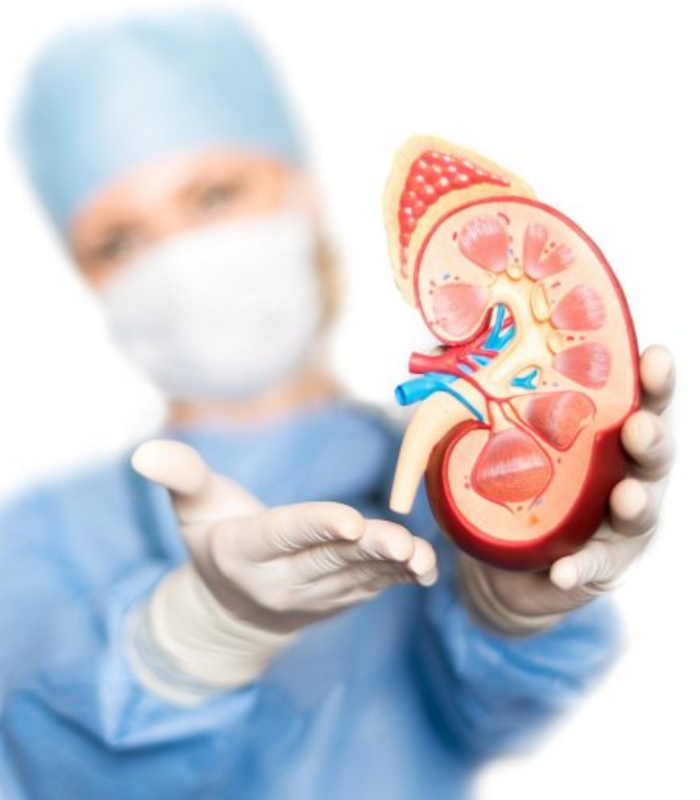
Better Quality
of life
Lower overall
treatment cost
Fewer dietary
restrictions
Lower risk
of death
Fewer long-term
health problems
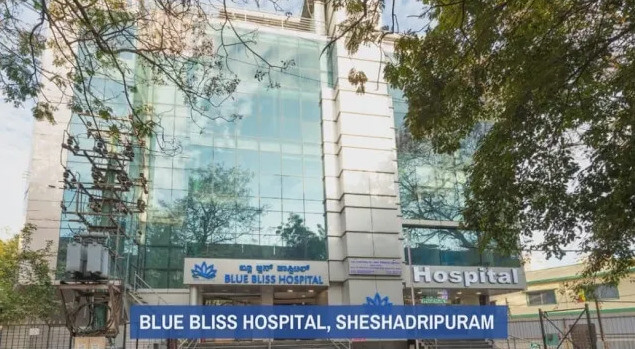

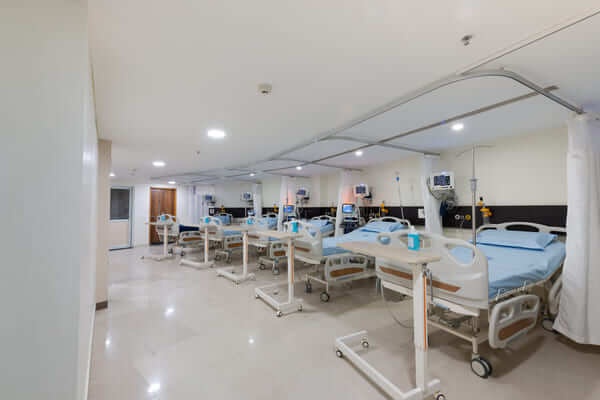
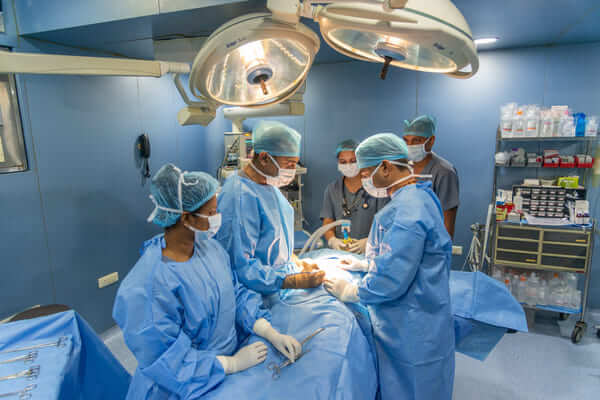
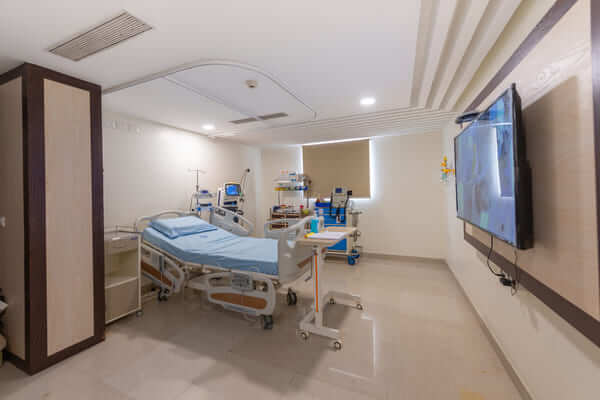
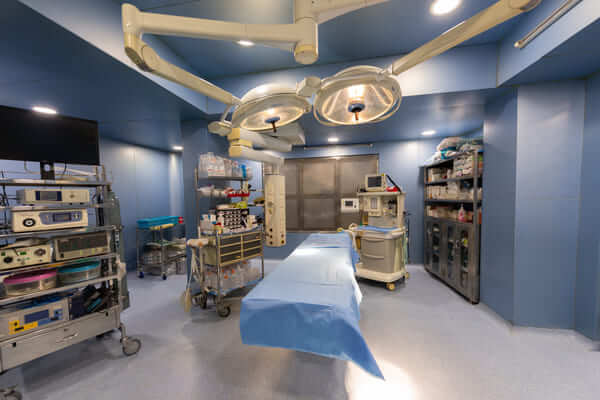
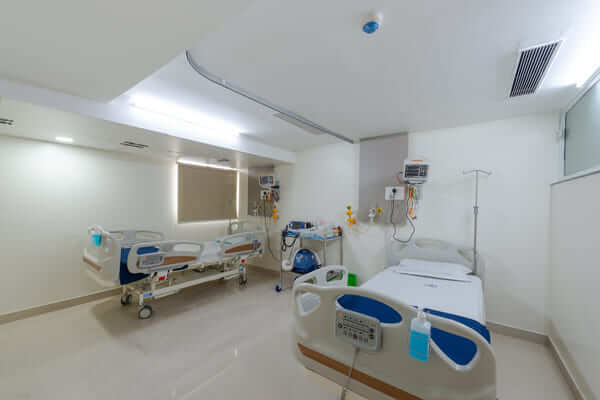


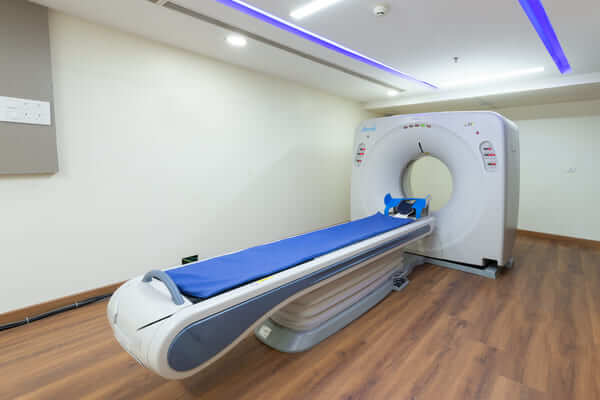
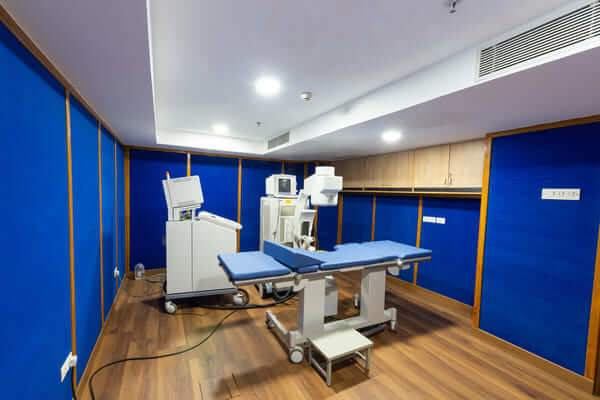
Blue Bliss Hospital is the best multispecialty hospital in Bangalore. With over 35 specialities, Blue Bliss Hospital is located at Sheshadripuram and has been holding its position as the best hospital in Bangalore for Kidney Problems.We have an array of health check-ups ranging from women's health, senior citizens to specific health check-ups including diabetes, blood pressure and others.
Our hospital boasts of state of the art facilities and medical technologies that are of high standards as per medical requirements.
Public Notice: Blue Bliss Hospital would like to inform the general public that Blue Bliss Hospital practices all organ transplants in accordance with The Transplantation of Human Organs Act 1994.
Blue Bliss Hospital does not buy or sell any organ and seriously condemn this act. Blue Bliss Hospital do not by any nature seek your personal information such as name, telephone, address or banking details for any purpose.
© BLUE BLISS HOSPITAL (A Unit of Lalitha Healthcare Pvt. Ltd.). All Rights Reserved